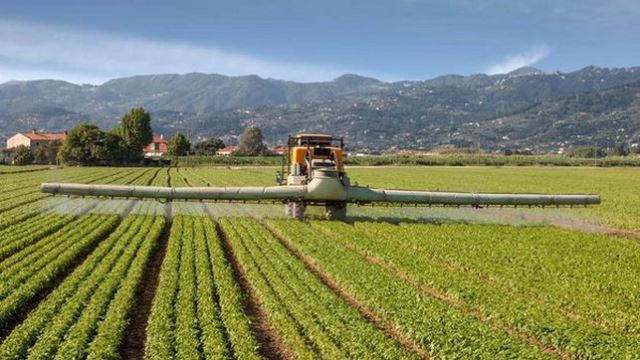A new European research consortium including researchers from Trinity and the University of Limerick has won over 7 million in funding to research underutilized crops in Europe.
The project, titled RADIANT (Realising Dynamic Value Chains for Underutilised Crops), gained its funding under Europe’s largest research funding scheme, Horizon 2020. Led by researchers from the Catholic University of Portugal, the project aims to use its research to promote wider use of underutilized crops.
“Increasing agricultural biodiversity is key to the provision of food and our nutritional and economic security, particularly to small farms and rural communities in Europe,” said Trinity’s Prof Mike Williams in a press statement.
“This project, by focusing on underutilised crops, will facilitate development and showcasing of farms, management systems and dynamic value chains that promote agrobiodiversity.”
In addition to research into underutilized crops, the project will also highlight successful examples of agrobiodiversity farms across Europe, examining their land management and marketing techniques that take advantage of the incredible amount of existing biodiversity.
“Of the 50,000 plant species that are edible, only 150-200 are consumed, with only three of these providing 60 per cent of the calories in the human diet,” said Williams in a press statement. “Add to this the significant loss in genetic diversity of crop plants that has occurred over the last hundred years – 75 per cent – and it is clear that present day crop production systems rely on both a small number of plant species and a limited collection of varieties/cultivars.”
Trinity will expand on Williams’s previous research into sustainable crop production, focusing on using a standardized framework called a Life Cycle Assessment to quantify the nutritional and environmental traits of underutilized crops and compare them and their value chains to the industrialized crops we currently rely on.
Williams said in a press statement: “Trinity, in partnership with the University of Limerick, will be involved in developing a toolkit to assess these production systems in terms of nutritional, environmental and ecological impact.”
Horizon 2020 was Horizon Europe’s predecessor, which will be the EU’s research and innovation framework for 2020 to 2027.







